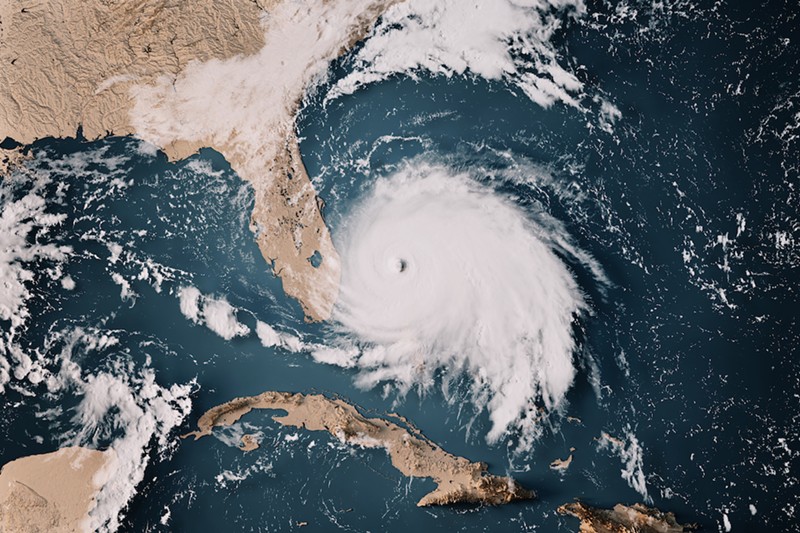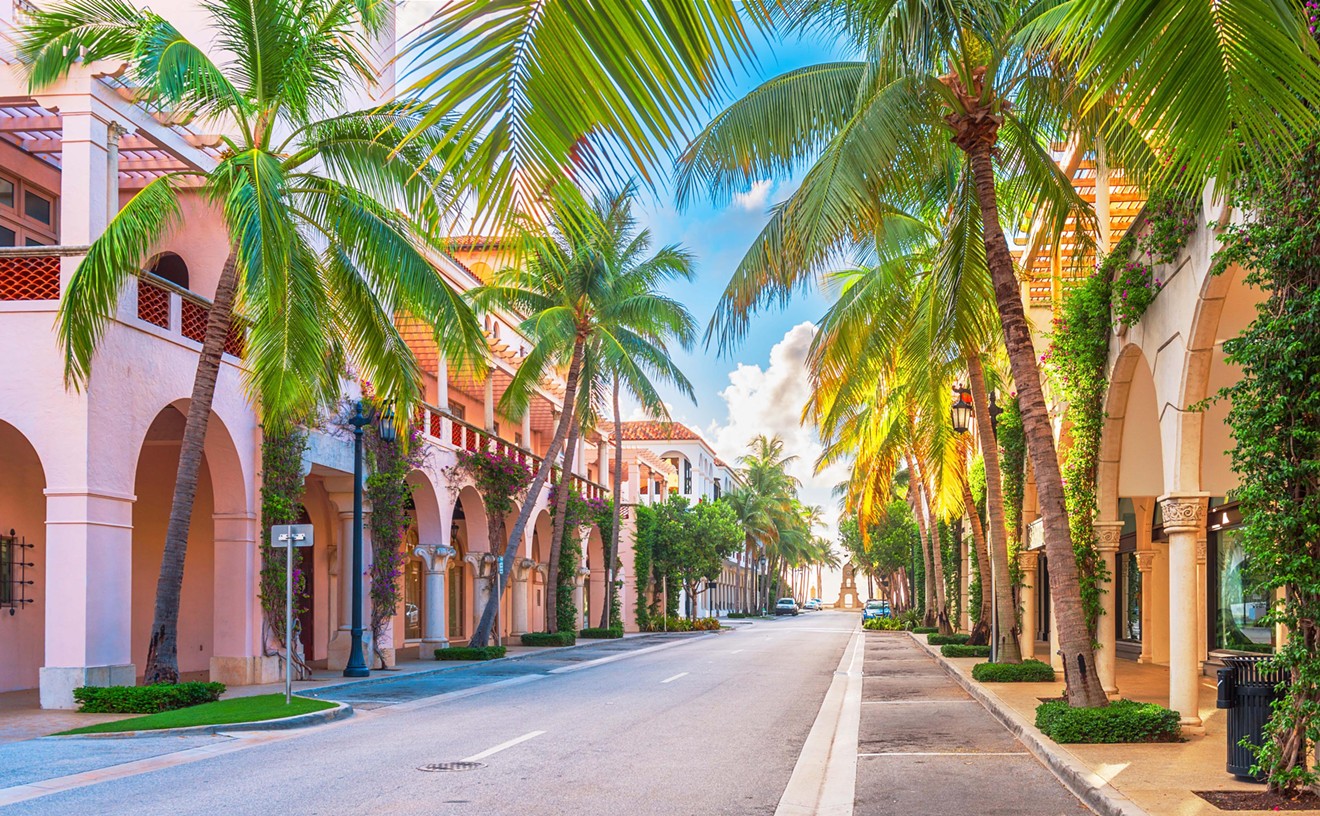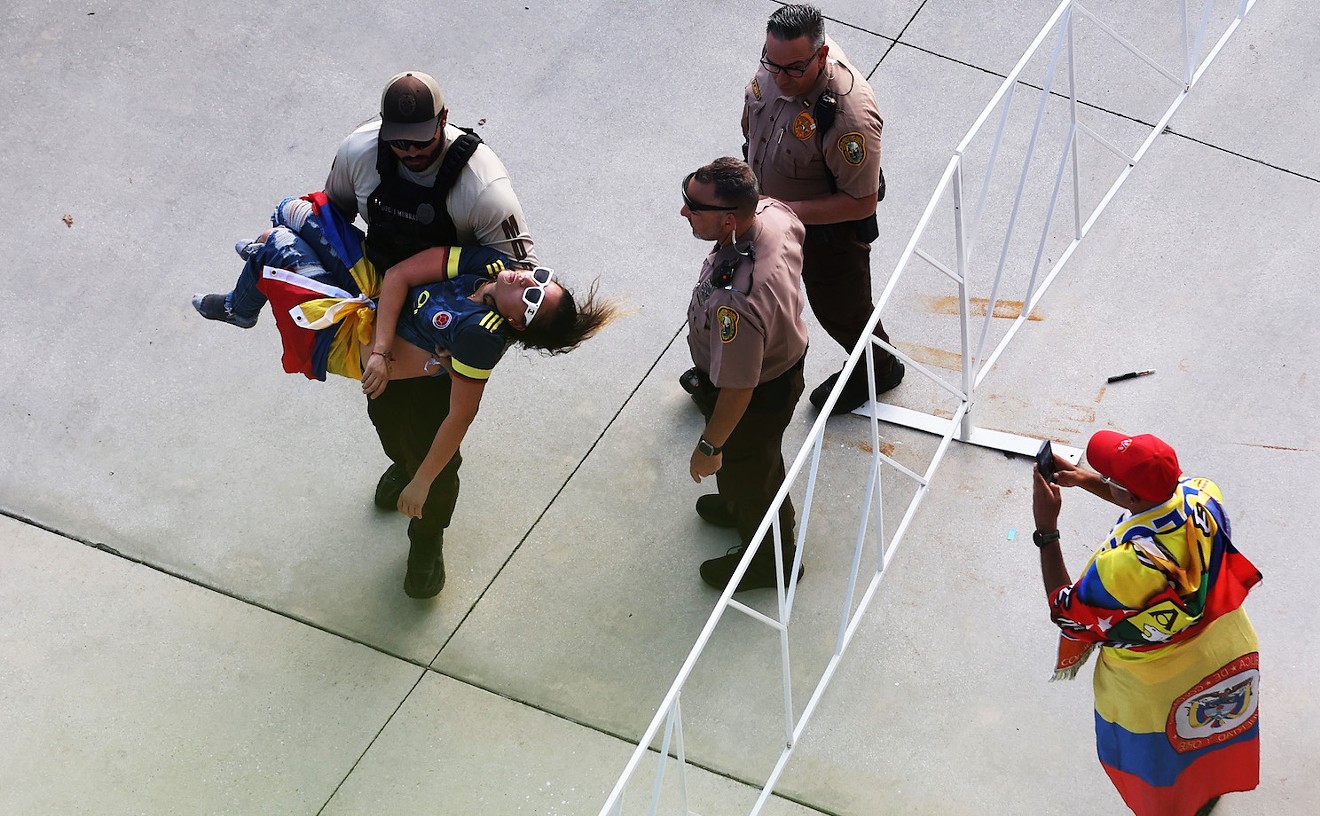For those new to the area who have yet to experience hurricane season, welcome! New Times is here to provide a handy guide for all your hurricane-prep needs when the 2024 Atlantic hurricane season kicks off on Saturday, June 1, and runs through November 30.
As things currently stand, the National Oceanic and Atmospheric Administration (NOAA) expects a "significantly above-normal season" in 2024 with anywhere from 17 to 25 named storms, four to seven of which will have the potential to become major (Category 3 or higher) hurricanes.
The bottom line: This year's forecast is no joke, and, thanks to climate change and global warming, it may well be a sign of things to come.
Given the 2024 outlook, we all must be prepared for the day a hurricane warning is issued with a storm brewing in the Atlantic Ocean.
Here is how you should prepare — and what you should not do during a hurricane.
Editor's note: New Times is a local publication, and we write mainly for a local audience. Where applicable, we supply South Florida-specific information and links, so if you live elsewhere, your mileage, as it were, may vary. That said, all of the tips below apply to any location where hurricanes are a threat.
What to Put in a Hurricane-Preparedness Kit
- Cases of water (one gallon per person per day) and nonperishable food (enough for at least seven days)
- Flashlights, batteries, and a battery-operated or hand-cranked NOAA weather radio for storm updates
- Cash and important documents, including photocopies of birth and marriage certificates, driver's licenses, passports, medical records, prescriptions, insurance policies, credit cards, insurance cards, bank numbers, pet records, copies of will and social security card
- Two-week supply of medication, necessary medical supplies, and a list of allergies
- First aid kit
- Sanitation and hygiene products
- Toys for children
- A list of phone numbers to contact friends and family
- Pet supplies (food and water, carrier, leash, collar medications, proper identification, vaccination and medical records)
What to Do Before a Hurricane Arrives
- Top off your car's gas tank or charge it if it's an EV
- Install hurricane shutters on windows that are not hurricane-proof or impact-resistant as soon possible (do not tape your windows — it will do more harm than good)
- Bring potted plants, outdoor furniture, and grills inside (hurricane-force winds can turn a lounge chair into a deadly projectile)
- Pay attention to local media and county alerts for evacuation orders, especially if you live in a low-lying area, an evacuation zone, a mobile home, or by the water
- Make sure your generator is working properly and has fuel
Broward County residents can find hurricane updates and evacuation information on the county's official hurricane site. You can also find a copy of the county's emergency evacuation map to determine if you reside in Evacuation Plan A or Evacuation Plan B. Broward will also open shelters, and some will be designated as pet-friendly. Check out both county websites for a list of accepted pets at shelters.
What Not to Do During a Hurricane
- Do not ignore evacuation orders and just "ride out the storm"
- Do not drive (stay inside!)
- Do not go outside until an official all-clear is issued
- Stay away from windows and glass doors
- Do not run your generator indoors
- Do not use candles — stick to lanterns and flashlights












